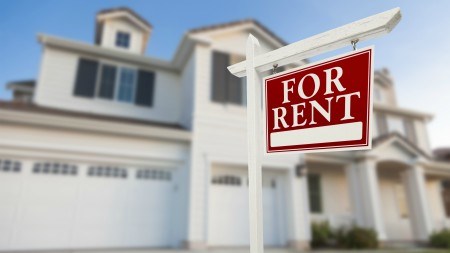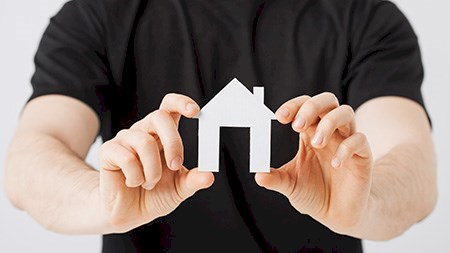This article has been updated. For the most recent information, please visit the updated version here. (Updated: October 2024)
Water consumption and electricity usage are two variables that can account for a large portion of a landlord’s expenses.
As a landlord, you have almost certainly invested in rental property to make money, and your profit is a result of the rental income you receive minus your expenses. Rental income is largely determined by market factors, so it’s not always possible to increase this to the required level. However, reducing the expenses associated with your rental property is a good way to increase your bottom line, and managing utilities like water and electricity is a good starting point.
Unpredictable supply
A further compelling reason to manage your tenants’ water consumption and electricity usage is that property owners are ultimately liable for payment of municipal utilities. With ongoing drought conditions and loadshedding, the supply of water and electricity is no longer predictable, and both local and national governments will be using their regulatory options to ensure property owners and managers are toeing the line. If not, they can quickly find themselves facing some stiff fines, according to Citiq Prepaid managing director, Michael Franze.
“South Africans are now living in a country where the provision of water and electricity is far from predictable and we must expect harsher regulations to curb wastage. For landlords – especially those with units in multi-tenant complexes and flats – understanding their obligations in an increasingly punitive environment is more important than ever,” says Franze.
“South African lawmakers are tackling the culture of non-payment, as well as the need to manage electricity usage and water consumption. In future, property owners can expect a much more punitive regulatory regime when it comes to utility consumption.”
Municipal bylaws
Cape Town paved the way for future lawmakers in 2018, enacting new bylaws while dealing with the threat of Day Zero. The new laws did not replace the water restrictions, but they did follow the regulatory trend of placing the onus on landlords to manage water usage in their rental units. For the first time, landlords of units in multi-tenant complexes and flats were responsible for:
- Keeping records of tenants’ water consumption.
- Reporting any contraventions to the municipality.
The bylaws also make provision for the installation of prepaid sub-meters which allow landlords to more accurately measure individual tenants’ water consumption.
Prepaid meters
Before you can start reducing utilities expenses you need to know what your tenants’ water consumption and electricity usage are. There are a number of water and electricity metering products on the market to make this task easier, such as prepaid sub-meters.
“Using the existing post-paid measurement system will only deliver data to landlords well after any transgressions or anomalies have taken place, leaving them at the mercy of their local administrators. Whether excessive consumption is due to a leaking pipe, or tenants illegally filling a swimming pool, landlords need to be on top of any unusual usage patterns so that they can quickly act on them,” says Franze.
Prepaid sub-meters allow water and electricity to be distributed from the municipality to each unit, tracking individual household consumption fairly and transparently.
Advantages of prepaid sub-meters include:
- Property owners and tenants can easily see exactly what has been used.
- Minimising disputes, late payment and non-payment.
“While the benefits of electricity prepaid sub-metering is quite well-known, managing water supply with these systems is still fairly new. Prepaid sub-meters have also been sanctioned by the national government as a means to curb the culture of non-payment,” says Franze.
“However, landlords must ensure that water sub-meters are installed by an accredited plumber, and that the meter installation complies with all applicable legislation, regulations and bylaws.”
Landlords are responsible
Because property owners are legally liable to pay municipal water and electricity bills, you will be obliged to foot the bill if your tenants dispute their monthly utilities costs or neglect to pay these accounts. If not, you risk damaging your credit rating and may even stand to lose your property if the municipality takes legal steps to recoup extensive outstanding utility.




